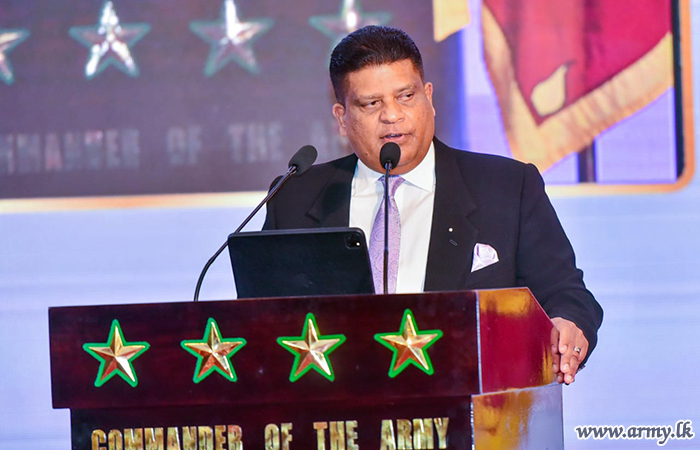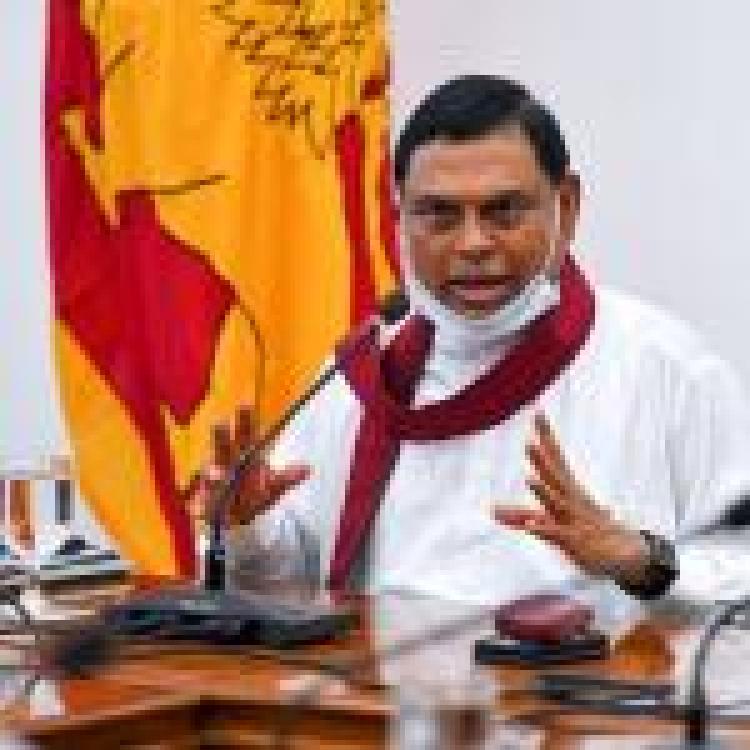
Accused war criminal: Shavendra Silva
An awards ceremony jointly organised by the International Chamber of Commerce of Sri Lanka (ICCSL), the Chartered Institute of Management Accountants (CIMA) and the Daily Financial Times newspaper decided to bestow a "Leadership with Distinction" award to Sri Lanka's General Shavendra Silva, an accused war criminal who is barred from entry to the United States over his role in executing Tamils.
Silva received the award at the “Most Admired Companies of Sri Lanka 2020” ceremony last week, where he was the chief guest and the Deputy High Commissioner of India, Vinod K Jacob was the guest honour.
Silva, who is currently under US sanctions for committing war crimes, delivered a speech where he spoke of the Sri Lankan “Army’s way forward strategy 2020-2025” as an exemplary process for businesses to plan ahead. The Sri Lankan military has a problematic relationship with businesses across the island, with public and commercial institutions having been brought under military influence. This is prominent across the Tamil homeland, where military run resorts, restaurants and cement factories amongst other things are common. Last month the Sri Lankan Army formed a new corps for Agriculture and livestock.
Military run businesses often stifle the economic development of Tamils across the homeland and the military continue to occupy vast swathes of Tamil land across the North-East, displacing Tamils and thus denying them a source of income from arable land.
A report released by the South Asian Centre for Legal Studies detailed the “deepening consequences” of continuous military occupation of civilian spaces which curtail local economic development, particularly in the North-East.
The report stated;
“The lack of information regarding the legal and administrative frameworks within which the military engages in businesses; potential unfair competition and market distortion by the military's engagement in business resulting in the crowding out of private investors; lack of oversight over military businesses by the government, causing several rule of law implications regarding transparency and accountability; social and economic consequences particular to the North and East as a result of the military occupying an economic vacuum."
Read more at the Sri Lankan Army




